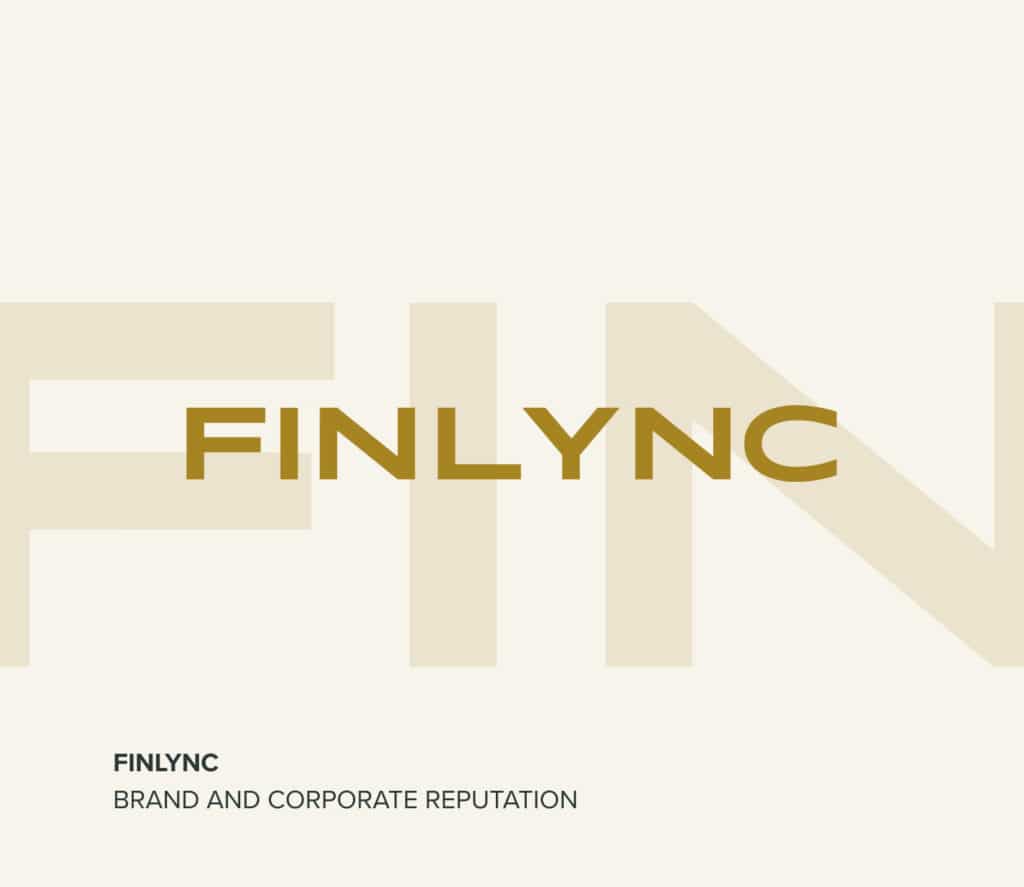Bill Dudley has just told the Fed to kill itself. This recently retired president of the Federal Reserve Bank of New York, now a research scholar at Princeton University, did not explicitly advise suicide. He simply wants the Fed to throw away about a century of conducting policy independently and apart from partisan politics. He wants it now to make policy with an eye to denying Donald Trump re-election, because, he says, Trump is “a threat to the U.S. and global economy.” Even if that were true, his recommendations would undermine the Fed’s prestige and cause it to lose its much-coveted independence, in other words, cease to be the institution this country and the world have known for about one hundred years.
Dudley’s advice stands in stark contrast to the line taken by current Fed Chairman Jerome Powell. Chairman Powell, like so many of his predecessors, has made a point of protecting monetary policy from the pressures of partisan politics. He has used the independent status that Congress granted the Fed when it was founded to ward off President Trump’s insistence that the Fed cut interest rates to stimulate the economy. The Fed did cut rates modestly in July, not to gratify President Trump but, according to Chairman Powell, because the Fed’s non-partisan analysis suggested that it was necessary to offset the ill effects of the trade war with China. It was hardly what President Trump wanted and Trump’s famous Twitter feed has made that clear. Powell, relying on Fed independence, has refused even to respond either to Trump’s demands or his occasional insults and instead has made clear that the Fed would continue to apply dispassionate, non-political economic analyses in the pursuit of its two mandates: price stability and full employment. If this is not good enough for President Trump, neither is it good enough for Bill Dudley. They each want politics to prevail.
The suggestion that the Fed work to “affect the political outcome in 2020” has so much wrong with it that it is hard to know where to begin.
For one, Dudley’s argument that Trump’s departure would help the economy, in the long run, is hardly compelling. Trump may advocate bad policies, but to argue that it would help the economy to have him out requires a look at the alternatives. Dudley never does that. He does not bother either to tell his readers what Trump has done wrong or why his possible opponents would do better. He never even looks at the policies advanced by the Democratic candidates. He seems to say that anything would be better. That is a powerful statement and effectively more than any human being could possibly know. To be sure, Dudley is a Princeton scholar and a former Fed official. He also once held a senior position at Goldman Sachs. All three institutions are all known for their presumption and arrogance as well as their willingness to assert super-human capabilities. But the fact remains that Dudley cannot know what he claims to know.
Then there is the cavalier way in which he advises the Fed to disrupt people’s lives. To deny Trump re-election, as he recommends, would necessarily have the Fed engineer a recession, with all the attendant job losses and economic hardship. In other words, Dudley wants the Fed to ignore its charter, part of which is to seek full employment and seek to impose economic pain on the population. No doubt Dudley would argue that the pain, from which his position at Princeton would protect him, is needed to save the country from Trump. He would claim that it is simply long-term thinking. It might sound to some, likely the unemployed, like Vladimir Lenin’s statement that one “cannot make an omelet without breaking some eggs.”
Lastly, Dudley’s advice would undermine the independence that the Federal Reserve has enjoyed for decades. Congress, which created the Fed, arranged for its independence to keep politics out of monetary policy. By actively playing politics, Dudley’s approach would thwart Congress’s intentions. Since much Congressional debate of late has centered on how the Fed conducts itself, the adoption of Dudley’s recommendation would convince representatives and Senators on both sides of the aisle that monetary policy is ultimately political and may as well come under the political aspects of government, that is Congress. The Fed would cease to be an independent institution but rather would render policy as congress wants, or more to the point, as the majority party wants. No longer could the Fed chair, whoever he or she might be, speak and act as a neutral arbiter of policy. Chairman Powell’s position opposite the president in today’s great debate on interest rates would rest not on dispassionate economic analysis but on party affiliation and ideology. The institution that people think of as the Fed would be dead.


